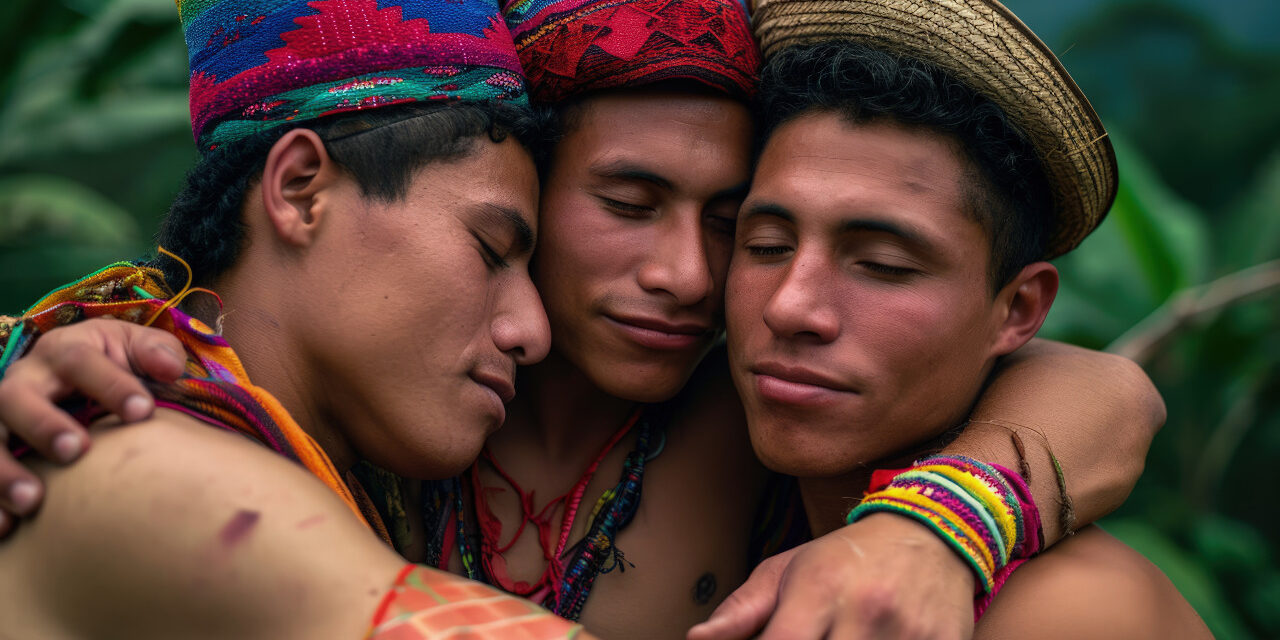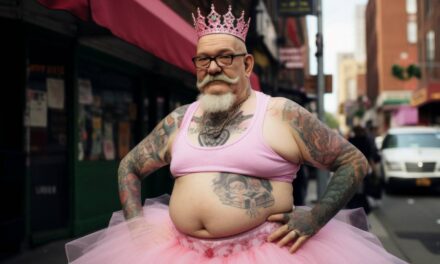1. The Loneliness Epidemic Among Men
When was the last time you felt truly understood by another man? Society today isolates men more than ever, stripping them of the brotherhoods that defined their forefathers’ existence. According to a 2018 study published by the American Psychological Association, men are 2.5 times more likely to suffer from social isolation and loneliness than women. What is causing this modern loneliness crisis among men?
2. Brotherhood as a Biological Necessity
Humans are social creatures, but male socialization is distinct. Historically, male bonding took place in groups: hunting parties, military units, and trade guilds. These connections fostered accountability, resilience, and emotional health. Modern men often lack these tight-knit circles. How is this absence affecting men’s mental health?
Research from Harvard University found that men with strong social ties have a 50% lower risk of depression and premature death. Why then do men today neglect their brotherhoods?
3. The Cultural Stigma Against Male Vulnerability
Why do men often avoid emotional conversations? Social norms discourage vulnerability, branding it as weakness. A study in Psychology of Men & Masculinity reveals that men who express emotions openly are perceived as less masculine by 70% of their peers. This stigmatization forces many men into emotional isolation.
What if this stigma is a societal mechanism to suppress male strength under the guise of emotional control?
4. Building a Solid Tribe: Accountability and Growth
Brotherhood is not just about friendship; it’s about growth and accountability. Men who gather in purpose-driven groups report greater life satisfaction and emotional resilience. Organizations like the Mankind Project show a 40% increase in reported life satisfaction among men who participate in brotherhood retreats.
Are you surrounded by men who challenge you to be better, or do you exist in a vacuum?
5. Female Social Support vs Male Brotherhood
Women tend to maintain wider social networks and openly discuss emotional issues, contributing to their generally stronger mental health. Men’s networks tend to be smaller and less emotionally focused. How can men cultivate the depth of connection necessary for mental wellness without abandoning their masculine identity?
6. Feminism’s Impact on Male Social Structures
Modern feminism promotes female independence but often dismisses or undermines male bonding. Group masculinity is sometimes portrayed as toxic or dangerous. How does this narrative contribute to male isolation and emotional breakdowns?
7. Emotional Health Through Brotherhood
True brotherhood allows men to express emotions healthily without fear of judgment. It cultivates trust, loyalty, and shared purpose — key ingredients for mental health. Are you allowing yourself to be truly known by other men?
8. The Call to Action: Rebuild Your Tribe
Will you settle for loneliness and disconnection? Or will you seek out and nurture brotherhoods that empower you mentally and emotionally? The survival of your mental health depends on it.











